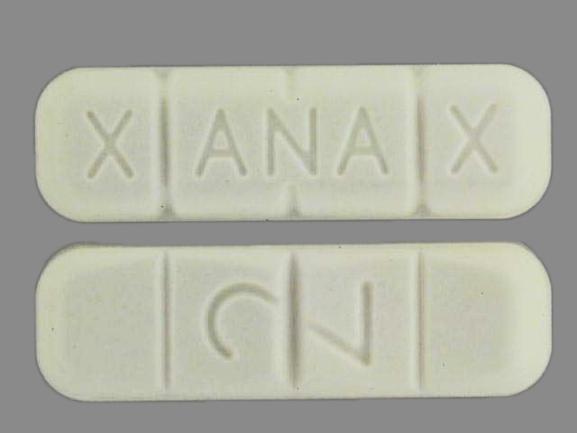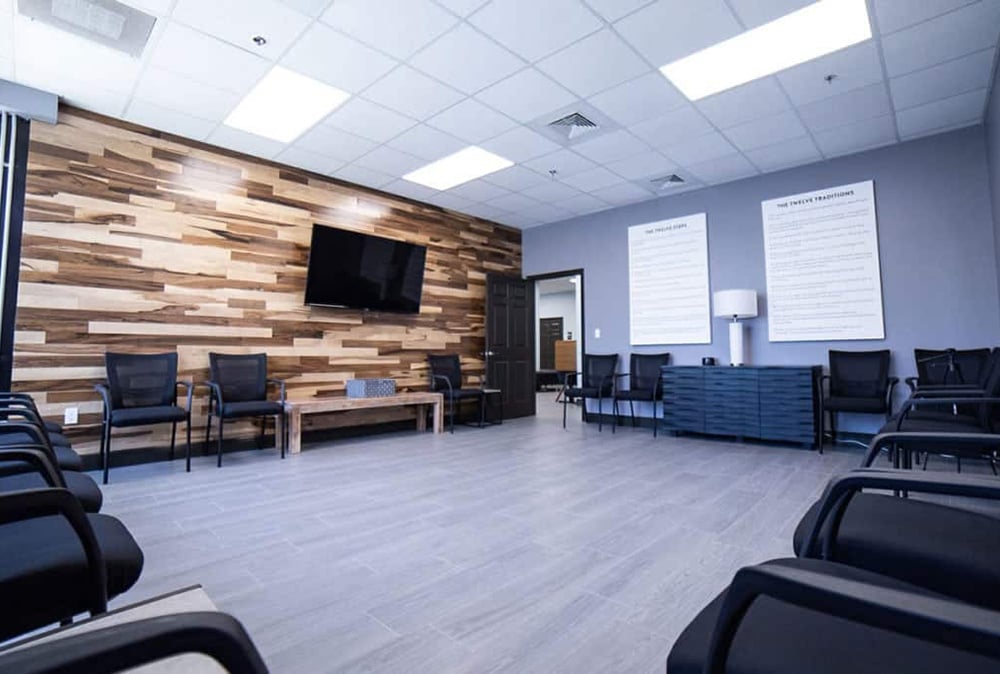Xanax Addiction Treatment
Xanax (or alprazolam) is a common benzodiazepine medication that's used to treat anxiety. Xanax is addictive due to its unique characteristics. Your doctor may recommend certain methods to help you with Xanax addiction. Continue reading to learn more about the three main options for Xanax detox.
Due to withdrawal side effects, quitting Xanax addiction can be difficult. Learn more about the different Xanax addiction treatment options.
Use of other medications
A 2018 Journal of Addiction Medicine article states that Xanax, a benzodiazepine, is quickly absorbed by the human body. Although Xanax's effects are quick, they can also quickly wear off. Even if you have only been using Xanax for a brief time, severe withdrawal symptoms can occur. This can lead to drug dependence and addiction.
To ease withdrawal symptoms from Xanax, you can also take other medications. "Many patients experience something called PAWS (post-acute withdrawal syndrome), which causes anxiety and can lead to sleep problems, cognitive dysfunction, and other symptoms for several months. Adi Jaffe, PhD is the author of The Abstinence Myth, and the founder of IGNTD.
Jaffe says that sometimes, medications such as gabapentin or other lower-level neurodepressants may be necessary.
Tapering of Medication
Tapering your Xanax dosage is another treatment option. Tapering is a gradual reduction in dosage. This is different from quitting completely and abruptly.
Jaffe states that Xanax (alprazolam), due to its long-lasting action, creates tolerance. This tolerance can be very hard to overcome and may require months of careful titration. Your doctor may dilute your medication to speed up the tapering process. This will allow you to reduce your dosage in very small increments.
You can reduce withdrawal symptoms by gradually decreasing the dosage. This will help you to stop using Xanax.
Therapy and support groups
It can be difficult to overcome Xanax dependence if you do it all alone. Support from a therapist and others who have been through similar struggles can make it easier to get rid of Xanax.
Jaffe states that therapy support, and possibly peer-group support, can be very important in order to prevent relapse and transfer of dependency to other drugs like alcohol.

Xanax Detox
"Medical detox allows an person to safely taper off Xanax, and minimize withdrawal symptoms," Kathryn Lee (EdM, MA, MHC), a psychotherapist at Intuitive Healing Psychotherapy Practice, New York, told WebMd.
A 2018 Journal of Addiction Medicine study found that Xanax withdrawal can cause more severe and unique rebound anxiety than other benzodiazepines. A study found that 27% of panic disorder patients who were treated with Xanax experienced severe rebound anxiety. 35% of those patients also had new symptoms such as weakness, insomnia, dizziness and malaise following Xanax cessation.
Stopping 'cold turkey" is dangerous and can cause serious side effects such as seizures, panic attacks, cognitive impairment, and even death. Lee says that medical detox can be performed at a substance abuse treatment center, inpatient or outpatient. It can take weeks to months, depending on the individual's response to the lower levels of Xanax.
To begin Xanax detox, you should consult a professional. WebMD Connect to care is told by Aaron Sternlicht, LMHC and CASAC that detoxification from Xanax must be tailored to each individual's needs. Sternlicht is a therapist who co-founded Family Addiction Specialist in New York.
You can learn more about Xanax addiction treatment at https://www.allinsolutions.com/treatment-substance-abuse-programs/xanax-and-benzo-addiction-treatment-center-recovery/
Inpatient Xanax Addiction Treatment
Not only is it dangerous to try to get sober by yourself, but you are also more likely later to relapse. Addiction treatment centers offer a safe environment in which you can receive the medical attention and emotional support you need to overcome your addiction. Inpatient addiction treatment is available in many ways. There are many options for inpatient addiction treatment. They vary by their location, the therapies they offer, their staff expertise and amenities.
Inpatient programs provide the best level of care with medically-supervised detoxification and round-the-clock support.
Inpatient rehab is a residential treatment facility where patients can stay for varying lengths, depending on the program. While the average stay is 30 day, most addiction treatment centers offer extended programs that last 60 days, 90 days or more. The length of treatment will depend on many factors including the severity of addiction, co-occurring mental conditions and whether or not the individual has ever been to rehab.
Family programs are offered by most inpatient hospitals. This allows family members to participate in activities and counseling. This gives the chance to rebuild trust and identify problematic relationships or dynamics that may lead to relapse. Families can encourage and support loved ones by actively participating in their recovery.
Each residential inpatient facility offers its own accommodations. Others are simple, offering shared rooms and cafeteria-style meals. Other facilities offer recreational activities such as ping-pong and pool. Some may offer luxury private suites that include gourmet meals and access to a variety of amenities like a spa, gym, or pool.

